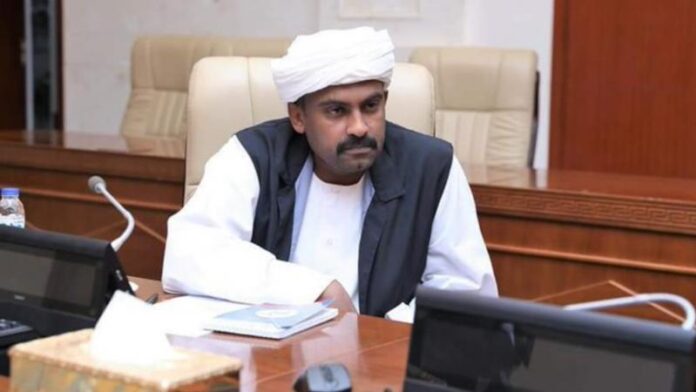Former Sovereignty Council member Mohamed Al-Faki Suleiman stated that the completion of forming the government in Port Sudan, following major concessions, is a positive step that should be encouraged.
He described the announcement of the “Port Sudan government” as representing “major concessions,” and at the same time emphasized that the government is seeking to gain “legitimacy,” which—according to his words—cannot be achieved without a transformation in the political scene.
The October 2021 coup removed Mohamed Al-Faki Suleiman, along with members of the transitional government led by former Prime Minister Abdalla Hamdok, who were part of the Forces of Freedom and Change.
Al-Faki is considered one of the most prominent leaders participating in the “Samud” (Resilience) alliance led by Hamdok, which some in the Sudanese army accuse of siding with the Rapid Support Forces, against the backdrop of the ongoing war since April 2023.
In a video posted on his official Facebook page, Al-Faki said that “the battlefield currently dominates the political landscape in Sudan,” noting that some armed movements are demanding specific ministries, while he described the stance of Sovereignty Council leader Abdel Fattah Al-Burhan as “bowing to the storm.”
The shares allocated to armed movements that signed the Juba Peace Agreement have stirred wide controversy during the formation of the new government headed by recently-appointed Prime Minister Kamil Idris, especially regarding the Ministries of Finance and Minerals, as movements allied with the army insisted on holding onto them since taking over these portfolios in 2020.
Mohamed Al-Faki Suleiman described the Idris government as a “war government,” considering it unsellable at the international level because it “lacks both electoral legitimacy and consensus legitimacy,” in his words.
He called for more concessions and the opening of broad internal dialogue to resolve the political and military complexities, stressing that the starting point lies in ending the war that has continued since April 2023. He added: “Let us move away from the legitimacy of the gun and move instead towards the legitimacy of consensus and de-escalation, followed by electoral legitimacy.”


